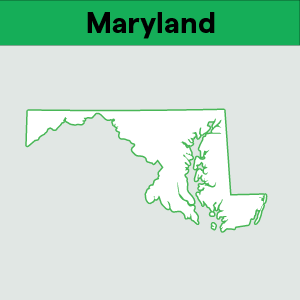Sales tax and non-fungible tokens (NFTs)
by November 23, 2023
Please note: This blog was originally published in 2021. It’s since been updated for accuracy and comprehensiveness.
What are NFTs and what, if anything, do they have to do with sales tax?
What are NFTs?
NFT stands for “non-fungible token.”
NFTs are cryptographic assets (think BitCoin or Ethereum) that exist on blockchain. However, unlike BitCoin or Ethereum, they are “non-fungible” because they are unique and cannot be exchanged for one another.
Example: One BitCoin always equals one other BitCoin. But one NFT does not equal another NFT. One NFT might represent a piece of digital art while another NFT might represent a piece of real estate.
One of the biggest uses for NFTs right now are buying and selling art, digital or otherwise.
Example: When an art collector purchases a NFT representing a piece of digital art, they become the owner of that piece of art. It may seem strange to “buy” say, one of Jack Dorsey’s Tweets or the rights to an online video, but ownership of an NFT comes with some usage rights (such as using that image as your profile picture or just… bragging rights that you own your favorite digital illustration.)
Buyers are often also speculating that the price of NFTs will rise and that they can resell their NFT for a profit.
Artists benefit from NFTs, too, because they get a percentage of the sale each time their work is sold. This opens their art up to new markets and allows them to benefit if their work becomes more popular.
Confused? We don’t blame you. We recommend The Verge’s easy-to-follow NFT explanation for more info.
NFTs and sales tax
While the IRS is cracking down on NFTs and other crypto-transactions when it comes to income tax, the good news is that NFTs are not subject to sales tax in any US states… yet.
While things are changing, sales tax still mainly applies to “tangible personal property.” This includes things you can touch, like a coffee mug. But many states have also expanded the definition of tangible personal property to include items like a downloaded eBook or a film bought through iTunes or Google Play.
As of right now and to our best understanding, NFTs do not currently fit the definition of tangible personal property in any US state. So if you sell an NFT a piece of digital art you made, you won’t be required to collect sales tax from your buyer. And if you buy an NFT you shouldn’t be required to pay sales tax to the seller.
Could this change? Of course. The long arm of the law moves slowly while technology moves quickly. For example, eBay and Amazon both launched in the 1990’s. But it took states years to figure out how e-commerce worked and even longer to enforce sales tax on e-commerce sellers.
Of course, if you have a question about NFTs and sales tax, we recommend speaking with a sales tax expert.
Ready to automate sales tax? To learn more about TaxJar and get started, visit TaxJar.com/how-it-works.








